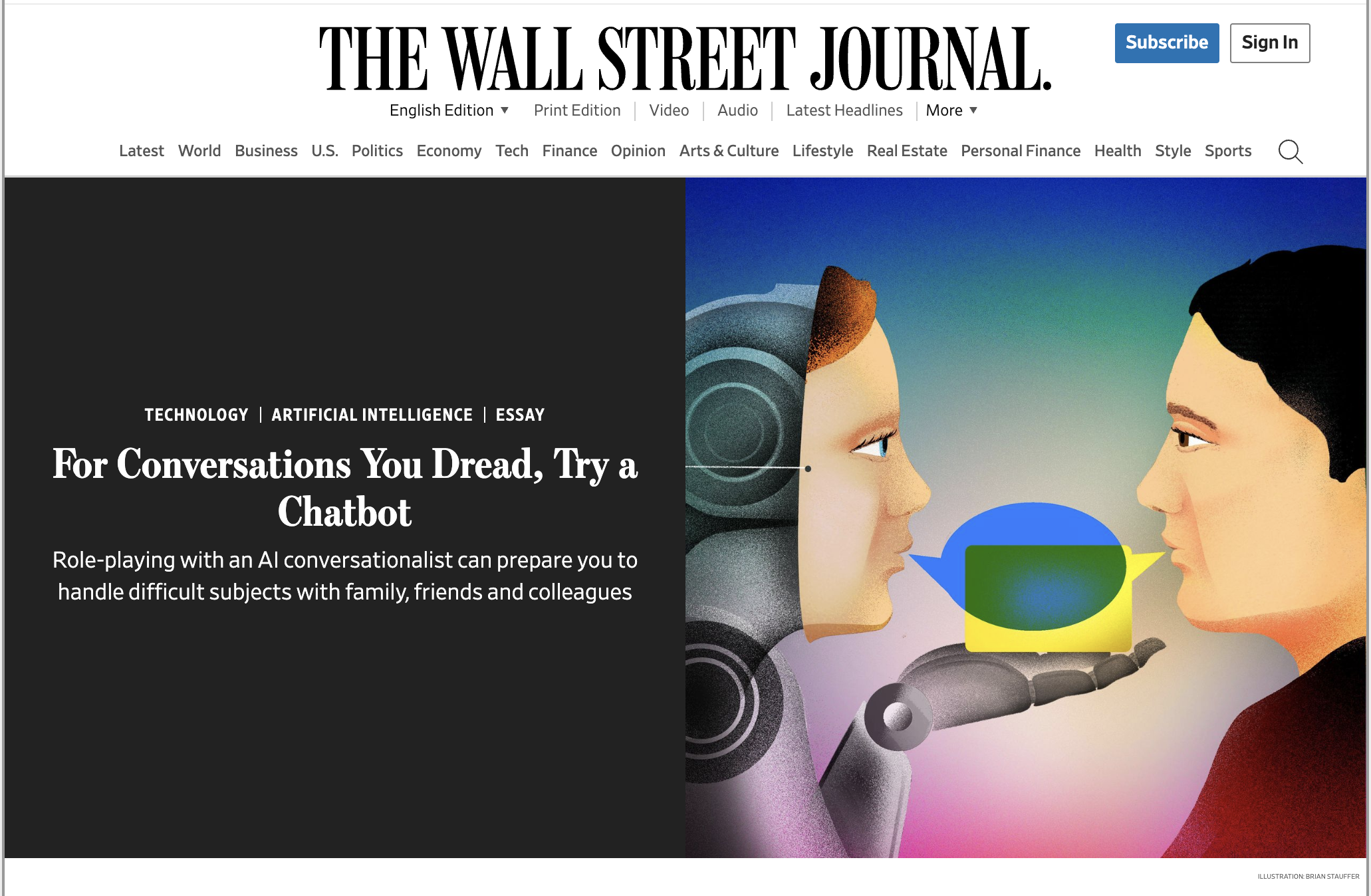Divergent Diversions
"The secret to doing good (work) is always to be a little underemployed. You waste years by not being able to waste hours."
-Amos Tversky, would-be winner of the Nobel Prize, father of behavioral psychology
To me, the unspoken key to Tversky's sentiment is knowing when to "waste" hours; certainly, not all wasted time is created equal. Sometimes folks dawdle when they should be working. But a deliberate diversion, strategically employed, becomes something much more than a waste: it can usher in a breakthrough. Einstein had his violin. Edison had his naps. Franklin had his Junto. Watson and Crick had their coffee. Tversky and Kahneman had their joke-filled-walks.
I call such deliberate disengagements with the present problem "divergent diversions," and I'm seeing the power of assigning them to earnest students who would otherwise continue to power through, failing to recognize that not all problems bend to brute force. The power of a strategically deployed divergent diversion is hard to overstate. It may very well rescue you from that hopeless feeling that so often accompanies creative work. And it certainly has the power of exposing you to unexpected combinations and fresh inputs (as I described in the "wonder wander" mentioned here).
I was struck by an offhand comment about Claude Shannon's work routines while he worked on the revolutionary paper that would ultimately usher in the information age as we know it (he invented the bit, among other things...), as spied in the terrific book, "The Idea Factory: Bell Labs and the Great Age of American Innovation":
"In his earlier paper on cryptography, Shannon had already shown that by reducing redundancy you could compress a message to transmit its content more efficiently. Now (in a new paper) he was also demonstrating something like the opposite: that in some situations you could increase the redundancy of a messages to transmit it more accurately... Some mathematicians at the Labs would spend their careers working out the details, which Shannon was largely uninterested in doing... Even fifty years later, this idea would leave many engineers slack-jawed... Robert Fano, a friend and colleague, later pointed out, 'How he got that insight, how he even came to believe such a thing, I don't know.' All modern communications engineering, from cell phone transmissions to compact discs and deep space communications, is based upon this insight... Colleagues came to describe it as 'one of the greatest intellectual achievements of the twentieth century' and 'I know of no greater work of genius in the annals of technological thought.' A few observers, in time, would place the work on a par with Einstein's."
What was the work routine of this recently-bachelored wunderkind?
"Shannon would come home from work and labor over (the paper), writing equations and explanations in pencil, on lined sheets of paper, in a neat, compact script. There was little or nothing in the icebox. When he wanted to take a break he would put down his pencil, pick up his clarinet, and play."
Of all things, how perfectly fitting that he gravitated toward an instrument, too.
So next time you find the well of ideas is a little dry, perhaps consider strategically deploying a divergent diversion: it might be just the trick to break through, so don't forget your note pad.
As an aside, if you're curious to learn more about Tversky and his groundbreaking partnership with Danny Kahneman, in which they literally rewrote our understanding of psychology and economics, I'd recommend Michael Lewis's exceptional "The Undoing Project."
Click here to subscribe to Paint & Pipette, the weekly digest of these daily posts.










Most organizations don’t fail at AI because of the tech. They fail because leaders reward critique over curiosity. Here’s how to flip the script before your next breakthrough dies in the room.